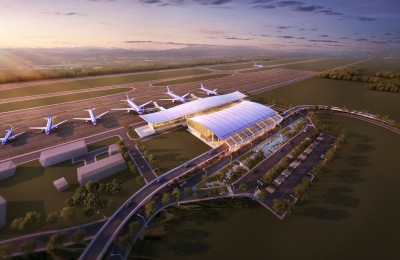Content

While a company’s plan, budget, and financial forecast are often discussed in the boardroom, these terms’ functions are not always precise. IBM Planning Analytics provides a single solution to automate planning, budgeting and forecasting for your enterprise. Leading companies have moved to solutions that address the full planning cycle — data collection, modeling, analytics and reporting — on a common planning platform with lean infrastructure requirements. Budgeting, planning and forecasting software can be purchased as an off-the-shelf solution or as part of a larger integrated corporate performance management (CPM) solution. Modern business forecasting began in response to the economic devastation of the Great Depression of the 1930s.
Overall, forecasting is a more useful tool to use for your business, as it provides you with a more insightful understanding of the actual circumstances that your business is facing. Whereas forecasts can be used to spur immediate action, budgets often provide unachievable targets or goals that simply bear no relation to current market conditions. However, it’s also important not to discount the potential benefits of a budget.
Forecast
That is, you have created forecasts if those economic conditions remain the same and forecasts for the time when those conditions change. You will be in a better position to make changes to your business strategies. In this type of budgeting, you have to look at the value of the factor at hand.
This article will walk you through the definition of both budgets and forecasts, the purpose each serves for business, and 4 key differences between the two. Budgets and forecasts are two related but different tools used by Finance teams to manage revenue and drive company growth. Knowing the differences between the two and understanding how to use them is essential to running a successful business. With the help of budgets, these expectations turn into concrete goals, which are compared to reality at the end of the period.
Budgeting vs. Forecasting: What’s the Difference Between the Two?
Because of the long-term nature of a financial plan, it allows for more flexibility and creativity. In the case of a financial plan (versus a budget, for example), budget vs forecast the means are less important than the end. Ultimately, a good financial plan provides a top-down operational framework to explore various scenarios.
They help set expectations for future performance and guide decisions at both a high level and during the day-to-day grind. With your revenue and expenses forecasted and your contingency fund set up, you now have what you need to create a budget document to guide your business moving forward. Refer to this document when making financial choices or evaluating changing market conditions. When creating your forecast, rather than only looking at your primary products or services, take a holistic approach and include the entire company. You’ll get a more accurate picture and end with a stronger plan of action. The business plan is the big picture, while a budget focuses on specific financial objectives for a period of time.
Budget vs Forecast: Functions and Differences
Management teams use historical data and growth rates to forecast what the business’s financials will look like in the future. For example, budgets are created to meet a goal, such as quarterly growth. Financial forecasting examines whether the budget’s target will be met or not throughout the proposed timeline.

What is forecasting in business, and how is it different from budgeting? While a budget outlines your company’s expectations for the given period, a forecast attempts to predict what you’ll actually achieve. In practice, this means budgets tend to be more detailed, while forecasts are usually more strategic and high-level. Hence, while the budget provides management insight into what they want the company to attain, the forecast shows whether it can achieve its budget. Forecasting sales and expenses from past performance or peer performance guides developing an effective budget.
Budget vs. forecast: 3 key differences
It is prepared by the management of the enterprise keeping in view the past experiences. After the preparation of budgets, they are used to direct and coordinate business activities to achieve the objectives. A budget helps in the control process, i.e. actual outcome is compared with the budgeted outcome, and if there is any deviation, then necessary actions are taken to prevent unplanned expenditures. Usually, organizations conduct budgets for a maximum duration of an accounting period, typically short-term. You may find short-duration budgets for a month based on the company’s expense management. Companies prepare the budget before implementing the plan and may adjust it to manage their operations better.












